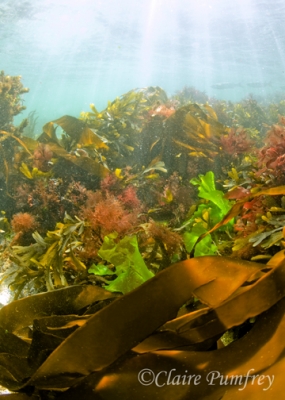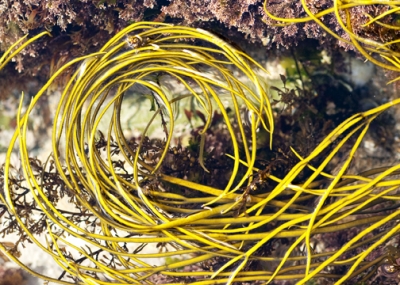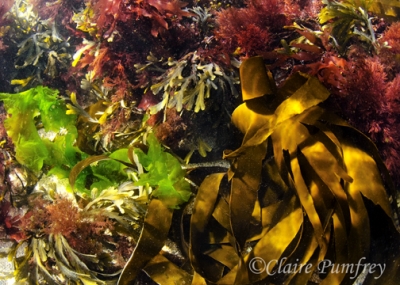 Have you ever eaten, drank or bathed in seaweed? You might not think so but the chances are you have done all three. Seaweed is surrounded by a stigma founded on that nauseous smell clouding every beach you visited in your childhood. What I hope to show you is that seaweed can be both beautiful and useful. We have been using seaweed for thousands of years and new uses are still being found all the time.
Have you ever eaten, drank or bathed in seaweed? You might not think so but the chances are you have done all three. Seaweed is surrounded by a stigma founded on that nauseous smell clouding every beach you visited in your childhood. What I hope to show you is that seaweed can be both beautiful and useful. We have been using seaweed for thousands of years and new uses are still being found all the time.
Learn a little more about these amazing algae’s. Have a read through the facts below and I can guarantee you’ll be amazed.
History- The earliest archaeological records show that humans have been using seaweed for over 20,000 years. Amazing when you consider that grain is only thought to have been used for the past 11,000 years.
UK Species- There are over 7000 red, 2000 brown and 1000 green known species of seaweed in the world. Around 7% of these species can be found along the shores of the UK.
Habitat- Seaweed dominated seascapes provide a vital habitat for a huge range of marine inhabitants including fish, crustaceans and other algae; providing them with food and shelter.
Biofuel- As scientists continue the hunt for energy sources that are safer, cleaner alternatives to fossil fuels, an ever-increasing amount of farmland is being used to produce bioethanol, a renewable source of transportation fuel.
In early 2012 scientists created a new strain of bacteria able to breakdown the sugars found in brown seaweeds into overcoming many of these land use issues
Fertilizer- Seaweed makes a great fertiliser; balancing soil, adding around 60 trace elements and growth hormones as well as having natural anti-fungal and anti-disease properties.
Gelling Agent-Carrageen is an extremely useful 100% vegetarian emulsifier. It is commonly used as a thickener in milk products such as; chocolate milk, cottage cheese, and ice cream.
Protein- Many seaweeds, particularly red species are known to be very high in protein and valuable amino acids. It is thought that these species could compete on the market with current high protein crops such as soya bean.
Hangover Cure- For hundreds of years Dulse has been used in Ireland as a hangover cure. Add a little banana, passion fruit and spinach and you have a “greenpower juice” cocktail, perfect the morning after a heavy night.
Want to know more? Keep an eye out for the next blog to find out about some of the seaweeds local to the Cornish coast. If you’re brave enough there may even be some recipes to try.
Published: April 2016
Author: Claire Pumfrey (Natural England Apprentice)
